Higher scoring option with good absorption and leak protection, but it might overstate its nods for baby health or the earth. Additionally, they advocate cloth because of its lower costs over the long term and the natural materials it consists of. There has been a trial scheme running for some time in Wales and Bristol to recycle nappies , however both traditional and eco-disposable nappies are technically extremely difficult to recycle in the quantities produced daily in the UK. Lead Goal: Continue to provide safe, high-quality products and drive ingredient transparency whilst ensuring trusted performance. A post shared by Eco Pea Co. We can make the switch without a hitch. We set ourselves global goals that we call Big Acts of Love which reflect our ambitions. You can have an adverse reaction to phthalates at any age, but it's more likely to occur in children and unborn babies. This helps make consumers feel like those diapers will break down in the landfill, when in fact, these diapers all use plastic and will not break down for hundreds of years. Or from diaper pants to wipes? So if your goal is to limit the potential for skin irritants, it isn't a great choice. With great absorption and leak protection, this durable and comfy diaper is a reasonably priced option for most families. This makes them more eco friendly to produce than traditional disposable nappies. Chlorine is usually used to bleach diapers. Diapering your baby is a personal experience, and it's important to find the method that works best for you.
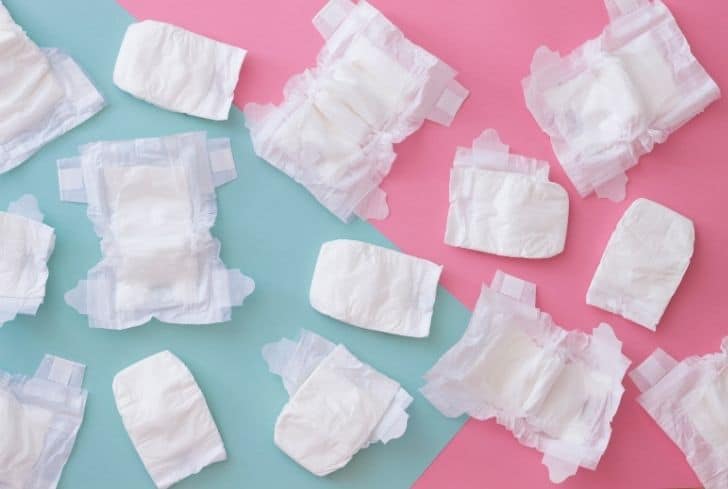
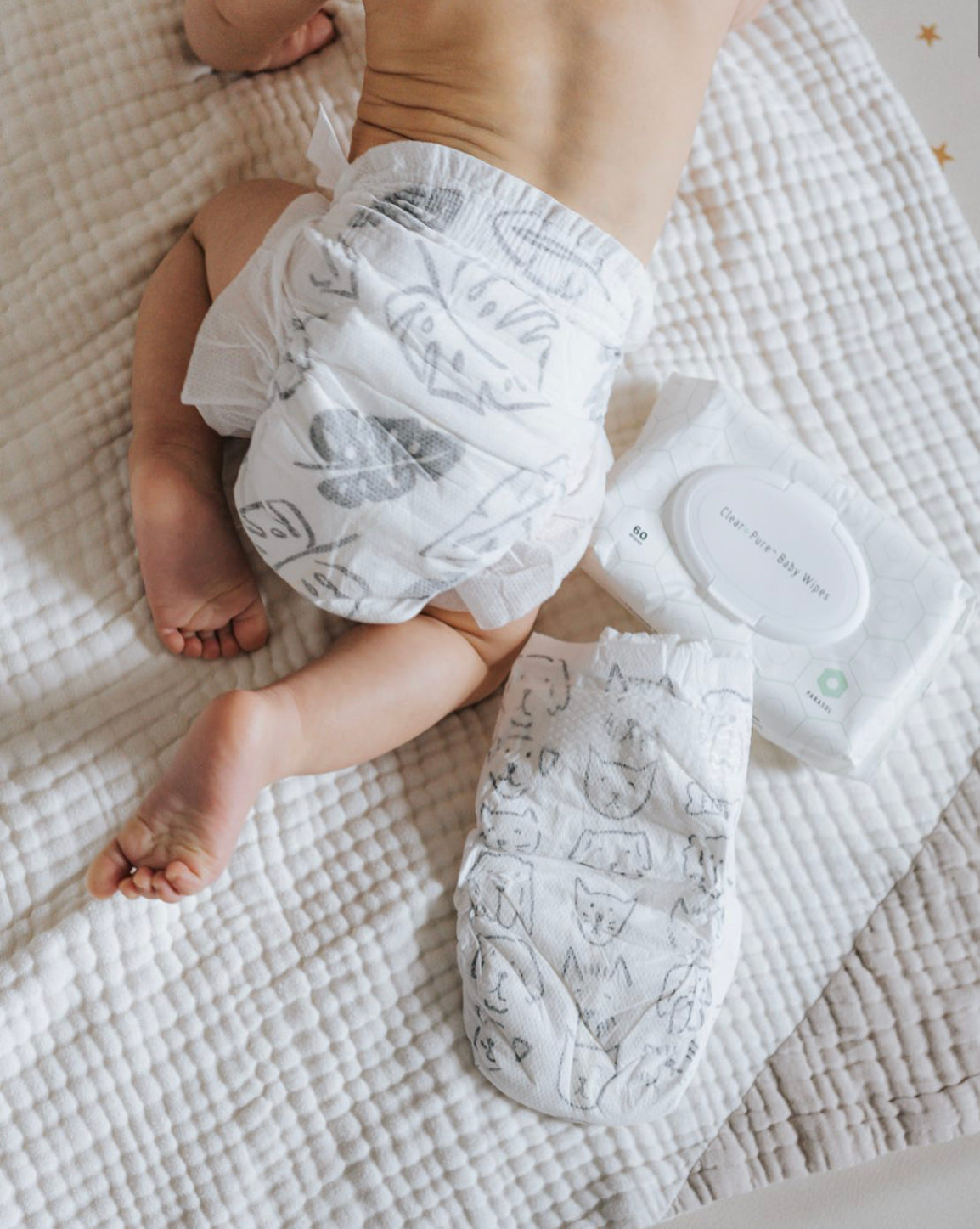
We hope you enjoyed this article and it has educated you and maybe entertained you about eco nappies. View this post on Instagram. Wildly popular, Pampers is possibly one of the most well-known diaper brands owned by Proctor and Gamble. Support those in need by continuing diaper donations to families who are living in poverty or affected by disasters. Not all baby lotions are created equal.
Are diapers biodegradable?
Made with "Drylock" technology, which means less wood pulp is used for core of diaper. There are similarly priced options with more to offer. Especially not added to the rubbish inside a large binbag which is how most household waste goes into bins. Most disposable diapers are not biodegradable and are therefore not compostable. In fact, most diapers in use today are not. Once the used diapers make it to DYPER's facility, the synthetic parts will be separated and disposed of, and the majority of the diapers will be composted. We can make the switch without a hitch. Product issue. Read on for everything you need to know about how diapers should be disposed of, what eco-friendly alternatives exist, and more. And you thought it would never happen…. Cloth Diapers. Still, we would recommend a higher scoring top-ranked disposable diaper. It takes Pampers nappies around years to biodegrade, the same as any other sort of nappy, including eco disposables.
Are Diapers Biodegradable or Recyclable? A Sustainable Diaper Guide
- TBT is an extremely poisonous substance that can impair the immune system and disturb hormone function.
- Start with: Your email address.
- Pampers Pure Review Greenish diaper with a good overall performance but some greenwashing concerns despite true benefits for the environment and baby.
- Most disposable diapers are not biodegradable leading many to think that the only eco-friendly diapering option is cloth diapers.
- How long do diapers take to decompose?
- You may also like
The term biodegradable diaper generally refers to disposable diapers that can be composted. If diapers were biodegradable, it is estimated they will begin to biodegrade after a few hundred years. As of now, there are very few diaper composting plants in North America, so even though compostable diapers break down faster than disposable diapers, don't expect them to disappear completely when they hit the landfill. Traditional diapers typically contain petroleum, polyester, stearyl alcohol, thermoplastic polymer, polyacrylic acid, fragrance, and many more kinds of materials. Some of these materials, such as plastic and petroleum, end up breaking down extremely slowly. Sustainable or Natural Diapers are free of some common chemicals found in traditional diapers and generally have less of a harmful impact on the environment. Sustainable does not equal compostable, keep that in mind. Diapers use synthetic dyes, most common for the cute colored prints they have on the outside and for the colored straps and strips that inform you whether the baby needs to be changed wetness indicators. Some brands also use perfumes to mask the odor of a soiled diaper. Dioxins are persistent organic pollutants. Diaper bleaching produces them as a by-product. Dioxins are carcinogenic and have been linked to long-term health problems. Adhesives, dyes, and perfumes in diapers contain phthalates, too, which are preferred for softening plastics. You can have an adverse reaction to phthalates at any age, but it's more likely to occur in children and unborn babies. You're an eco-conscious parent who wants to reduce the impact of diapering on the environment. Perhaps you should choose cloth diapers instead of disposable diapers?
That's when we launched our reusable wipes kit which makes it easy for parents to use reusable wipes, are pampers biodegradable, even if they use disposable nappies. That you are going to have to feed and look after and clean and get to sleep. How long does it take Pampers nappies to biodegrade? Are pampers biodegradable eco nappies are best for the environment? Which eco nappies get best reviews? The benefits of eco nappies are that they are designed to be more environmentally friendly than traditional disposable nappies. They use less chemicals and have a lower carbon footprint in production than standard disposables, are pampers biodegradable. Using renewable sources and practising greener manufacture and operations,these olx wielorazowe pieluchy have a lower carbon and chemical input than normal oil-based plastic versions.
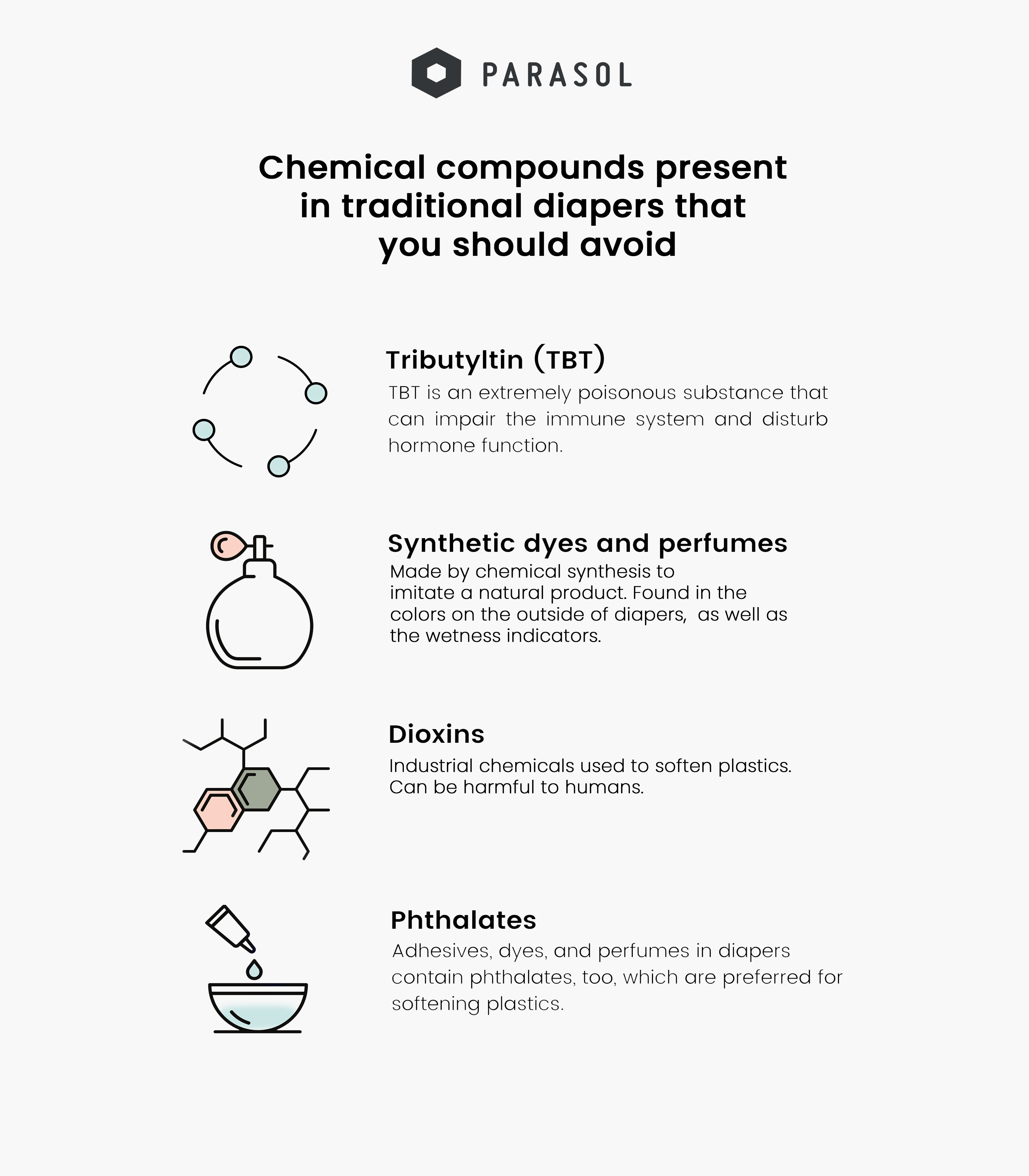
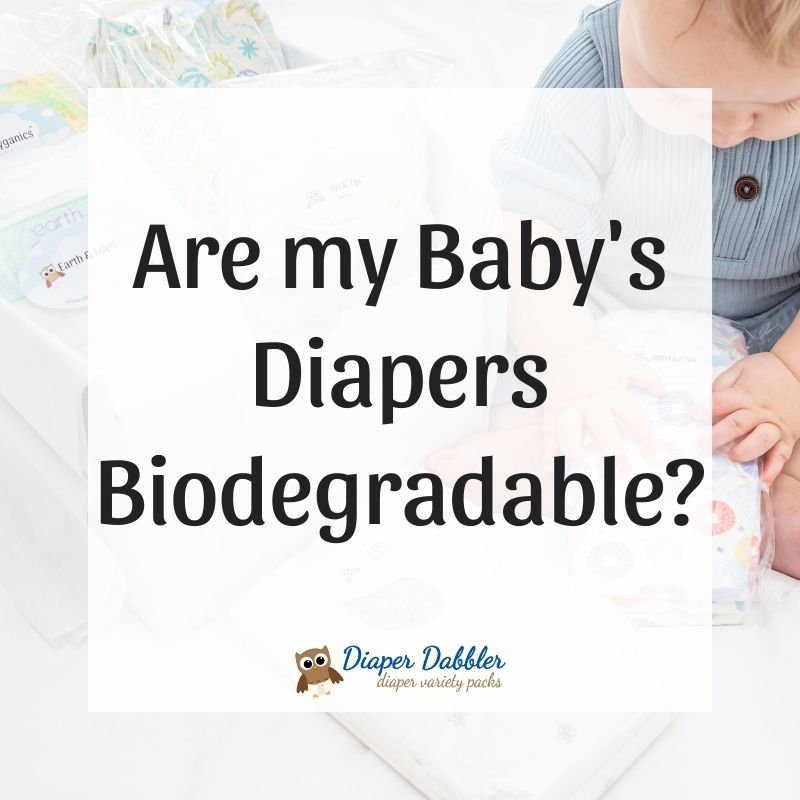
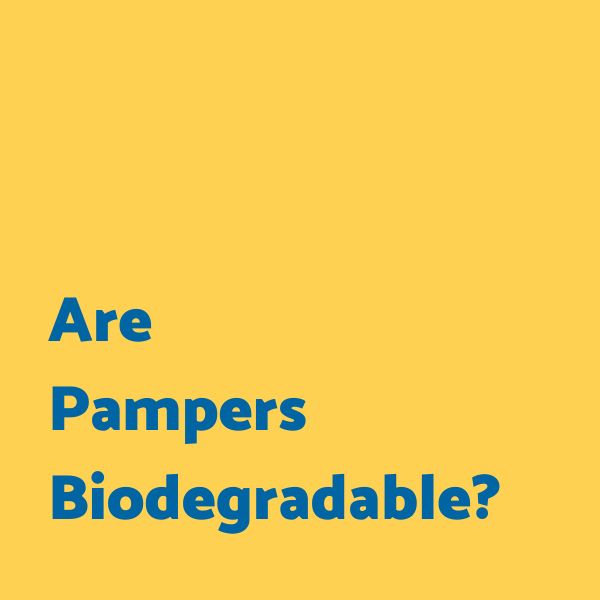
Are pampers biodegradable. Sustainability at Pampers!
Entice customers to sign up for your mailing list with discounts or exclusive offers. Include an image for extra impact. Not all diapers are kosz na pieluchy allegro are pampers biodegradable eco-friendly. In fact, most diapers in use today are not. A typical disposable diaper takes hundreds of years to fully decompose - though nobody REALLY knows, are pampers biodegradable, since no disposables have been in the landfill that long! According to the EPA, potentially toxic waste is left to sit inside landfills in plastic diapers for centuries. The average baby and there are LOTS of babies out there! Some modern cloth diaper companies, such as GroViaare presenting environmentally-friendly solutions to this problem, are pampers biodegradable. One method of reducing disposable diaper waste is the production of cloth and reusable diapers. Families who use cloth diapers ensure that their baby's waste is flushed down the toilet, into the appropriate treatment system. And by using cloth diapers, these families also have a positive impact on the number of disposable diapers that are headed to the landfill. Other diaper companies produce disposable biodegradable diapers that contain materials that are less harmful to the environment. In some cases, companies are combining both cloth and eco-friendly disposable components to make what is referred to as a "hybrid" diaper.
Pampers Journey
Wildly popular, Pampers is possibly one of the most well-known diaper brands owned by Proctor and Gamble. Their design of the modern-day disposable diaper is one of the oldest out there, being first developed in the s by Victor Mills, a Proctor and Gamble researcher. The initial design of the diaper was very simplistic and bulky. With the additions of elastic leg gussets, tape closure tabs, and new absorbent core material, Pampers have been evolving through the years to be the diapers we know today. Pampers Pure scored about average compared to the other diapers in our best disposable diaper review. Its ability to absorb liquids quickly and lock them away is better than much of the competition.
If you're worried about waste, you should definitely consider reusable nappies as an alternative.
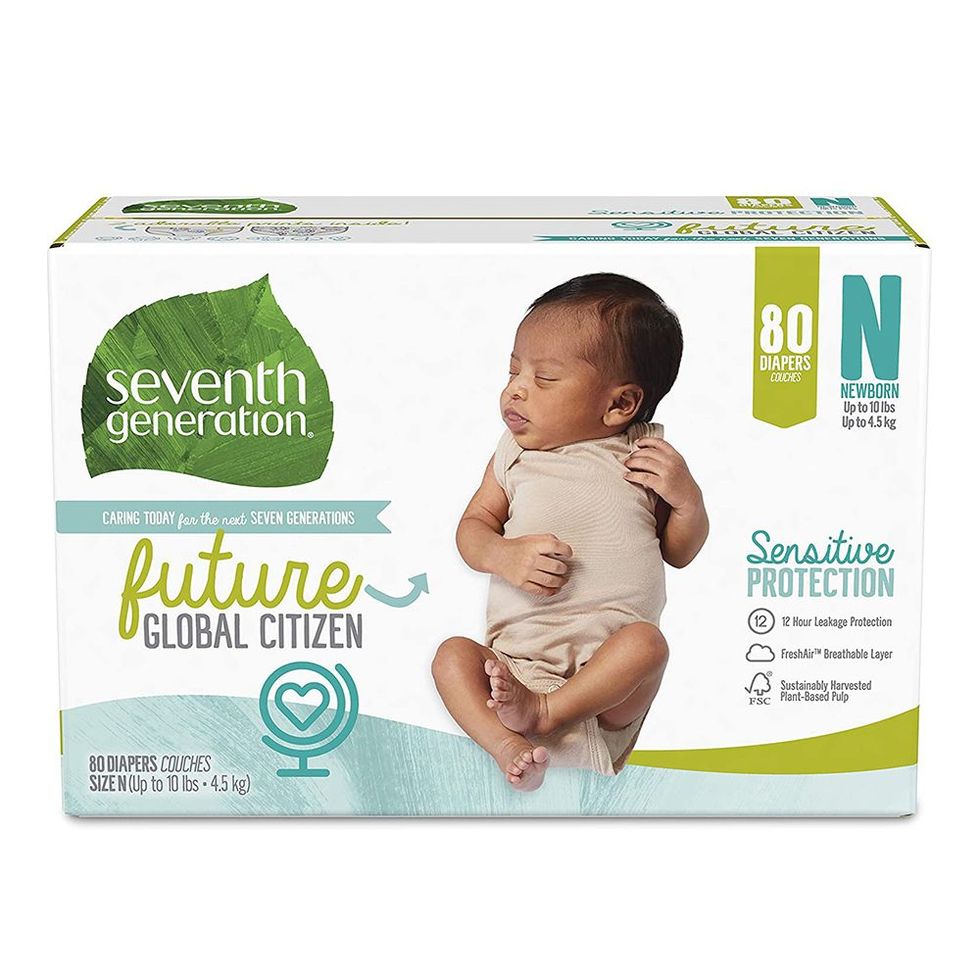
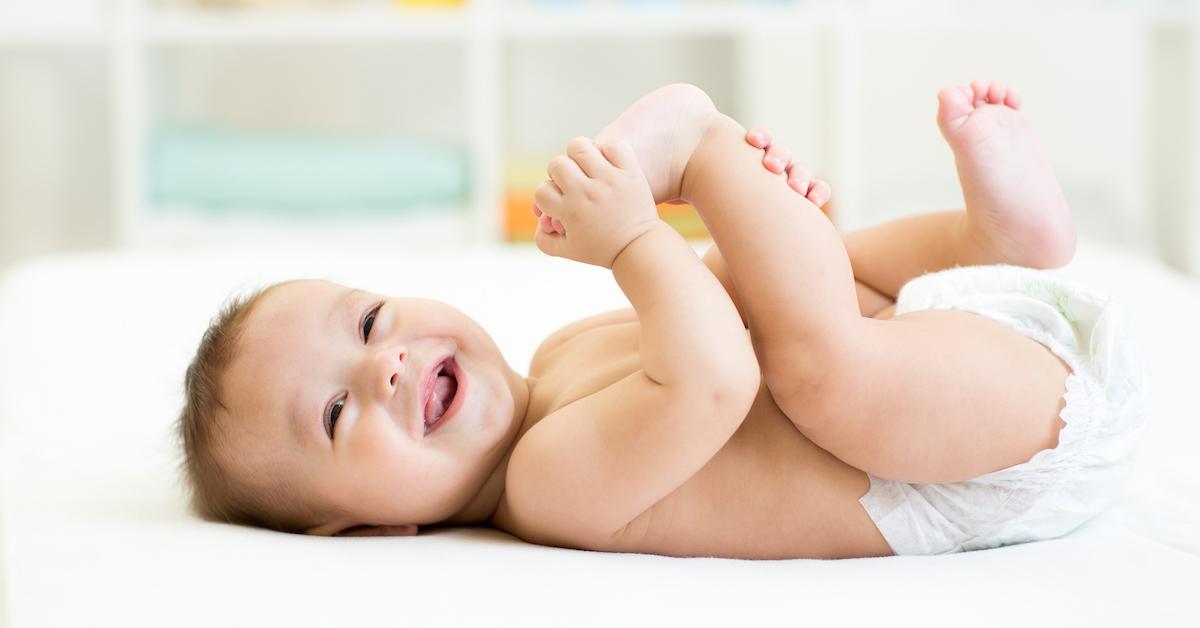
As it is impossible by the way.
You realize, what have written?